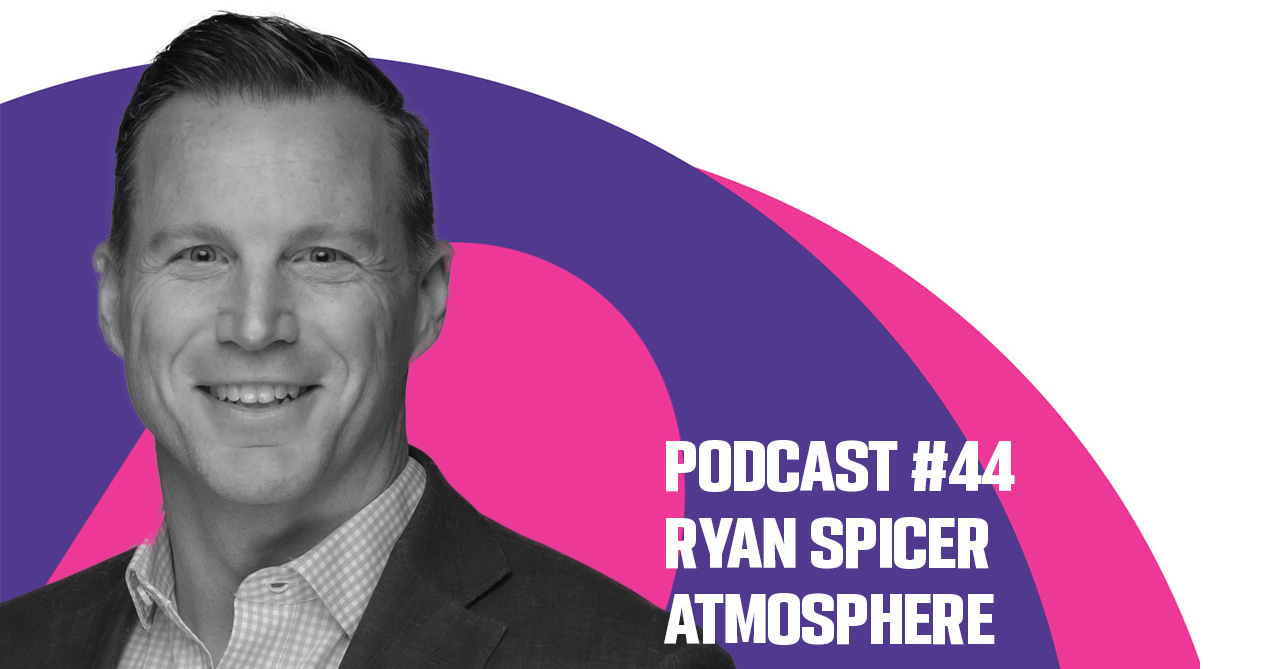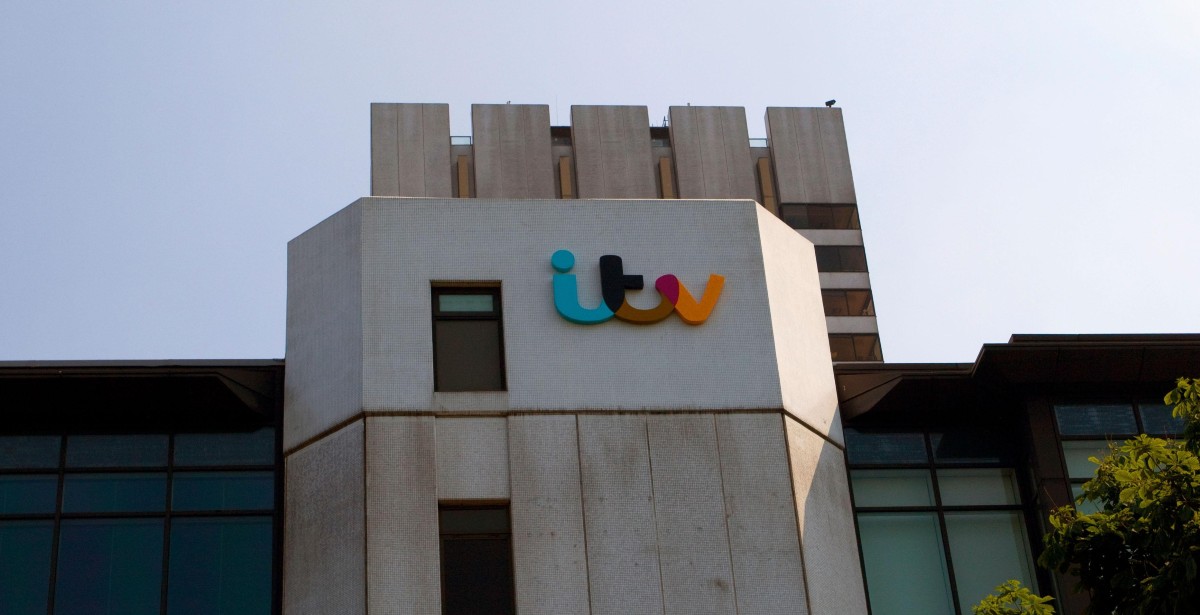This week the Conscious Advertising Network, a coalition of advertisers promoting industry ethics, has come under fire from Conservative politicians for “having a chilling effect on free speech and media plurality” in the UK.
With over 180 members, CAN produces manifestos on how advertisers can tackle issues facing society, including hate speech and children’s wellbeing. As such, the organisation has responded to the government’s consultation into the Online Safety Bill and Online Advertising Programme.
According to reports in the Telegraph and Daily Mail, 46 Tory MPs and peers have written to Rishi Sunak, urging the Prime Minister to intervene in CAN’s participation, claiming the organisation “intimidates and bullies companies into boycotting news outlets.”
But CAN argues this characterisation is a misrepresentation of its work and mission. “We have never called for a boycott of a channel or a platform,” CAN co-chair Harriet Kingaby tells VideoWeek. “This attempt to suggest that we have, and this attempt to suggest that we have somehow told members to avoid a particular channel, is a huge misrepresentation of what we do.”
The full list of the letter’s signatories has not been made available, but the reports name David Davis, Priti Patel and Liz Truss. Davis, the former Brexit Secretary, accused the government of encouraging “cancel culture” by citing CAN in a consultation document.
“It is not for officials at DCMS to encourage a proxy cancel culture by nominating private agencies like the Conscious Advertising Network as arbiters of vague and misleading concepts like ‘brand safety’ – particularly if those agencies have a history of partisan behaviour,” said the MP.
Brand safety is a widely accepted industry principle intended to protect companies from association with, and funding of, harmful content. CAN says its mission is to “break the economic link between advertising and harmful content which funds terrorism, fraud and harm to children.” It counts the Big Five agency holding groups among its members, all of whom subscribe to CAN’s manifestos, which are based on UN conventions on climate change and human rights.
“A smear campaign”
The letter also accuses CAN of a de facto boycott against “certain Ofcom-regulated TV channels”, which has been widely interpreted to mean GB News. None of CAN’s materials reference the channel, and the allegations seem to be directed at the pressure group Stop Funding Hate, a CAN member which does call for advertising boycotts, and also helped draft CAN’s manifesto on hate speech. “We’ve called this a smear campaign because there seems to be a huge conflation of what we do with what other organisations in this space do,” notes CAN’s Harriet Kingaby.
Using its manifestos as guides, CAN says it encourages advertisers to choose where best to place their ads; a commercial freedom that inevitably leaves under-performing channels off media plans. “We know that placing advertising in quality environments and environments that serves diversity points is effective; more effective than places where there is hate and disinformation,” says Kingaby. “So if a channel is not deemed to be commercially effective by members, then that is the free market, that is how these things work.”
Meanwhile calls for government intervention in CAN’s work arguably threaten to undermine the commercial freedom the Conservative group is claiming to protect. “Any state intervention here is is anti-choice and anti-commercial freedom,” comments Kingaby. “Our members sign up to us of their own free will, because they don’t want to fund harmful content. Advertisers naturally want to protect children, want to not be funding hate, want to protect people from harm.”
And with its Online Safety Bill and Online Advertising Programme, the government is taking much-needed steps to address the dangers posed by digital media. Assessing the role of advertising is vital to tackling those harms, and CAN says that same ethical scrutiny ultimately drives business outcomes.
“Commercially, conscious advertising techniques are more effective, and allow British businesses to grow in a way that stimulates the British economy, which is what we need right now,” says Kingaby.




